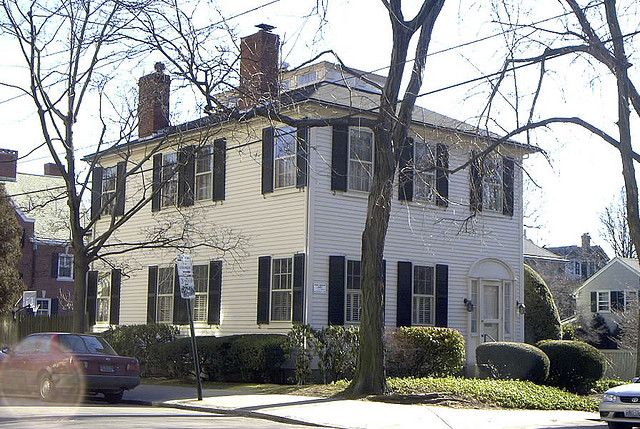If your lender cancels part or all of your debt, you normally must pay tax on that amount. However, the law provides for an exclusion that may apply to homeowners who had their mortgage debt cancelled in 2014. In most cases where the exclusion applies, the amount of the cancelled debt is not taxable. Here are the top 10 tax tips about mortgage debt cancellation:
1. Main Home. If the cancelled debt was a loan on your main home, you may be able to exclude the cancelled amount from your income. You must have used the loan to buy, build or substantially improve your main home to qualify. Your main home must also secure the mortgage.
2. Loan Modification. If your lender cancelled part of your mortgage through a loan modification or ‘workout,’ you may be able to exclude that amount from your income. You may also be able to exclude debt discharged as part of the Home Affordable Modification Program, or HAMP. The exclusion may also apply to the amount of debt cancelled in a foreclosure.

3. Refinanced Mortgage. The exclusion may apply to amounts cancelled on a refinanced mortgage. This applies only if you used proceeds from the refinancing to buy, build or substantially improve your main home. Amounts used for other purposes don’t qualify.
4. Other Cancelled Debt. Other types of cancelled debt such as second homes, rental and business property, credit card debt or car loans do not qualify for this special exclusion. On the other hand, there are other rules that may allow those types of cancelled debts to be nontaxable.
5. Form 1099-C. If your lender reduced or cancelled at least $600 of your debt, you should receive Form 1099-C, Cancellation of Debt, in January of the next year. This form shows the amount of cancelled debt and other information.
6. Form 982. If you qualify, report the excluded debt on Form 982, Reduction of Tax Attributes Due to Discharge of Indebtedness. File the form with your federal income tax return.
7. Exclusion extended. The law that authorized this exclusion had expired at the end of 2013. The Tax Increase Prevention Act extended it to apply for one year, through Dec. 31, 2014.
For more on this topic you can call a trusted tax firm like ATBS.
Image Source - https://www.flickr.com/photos/spablab/